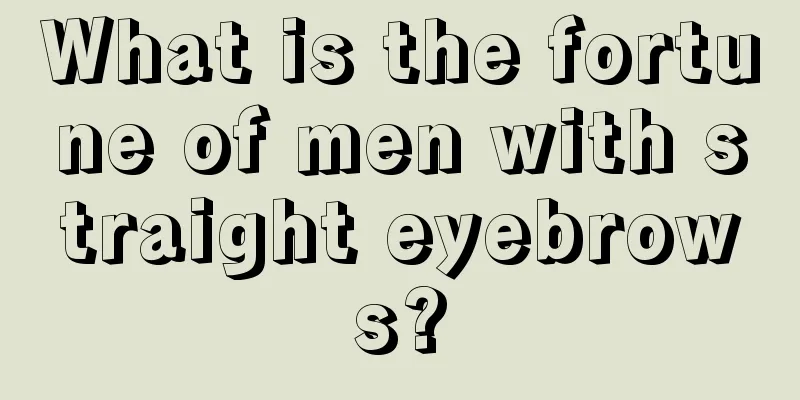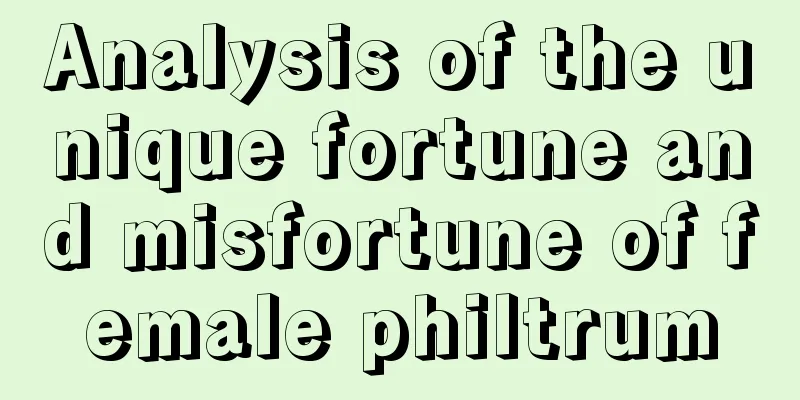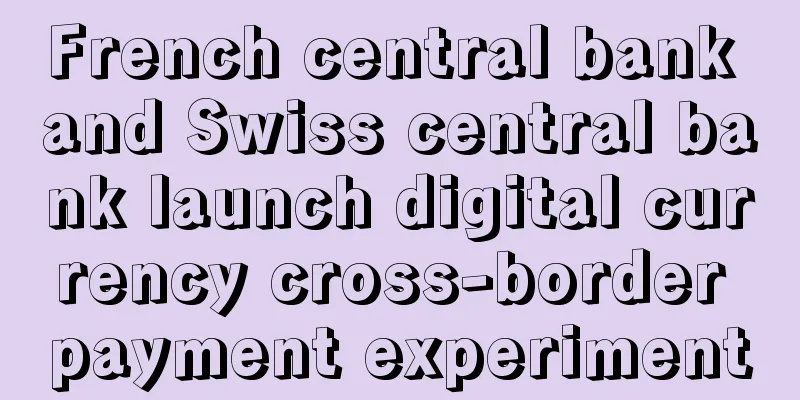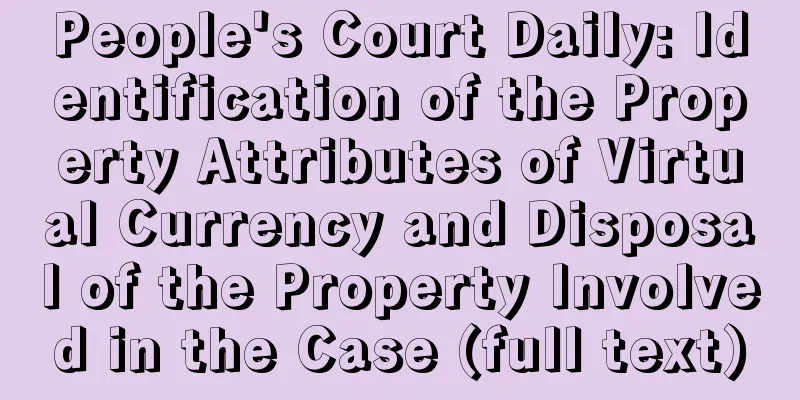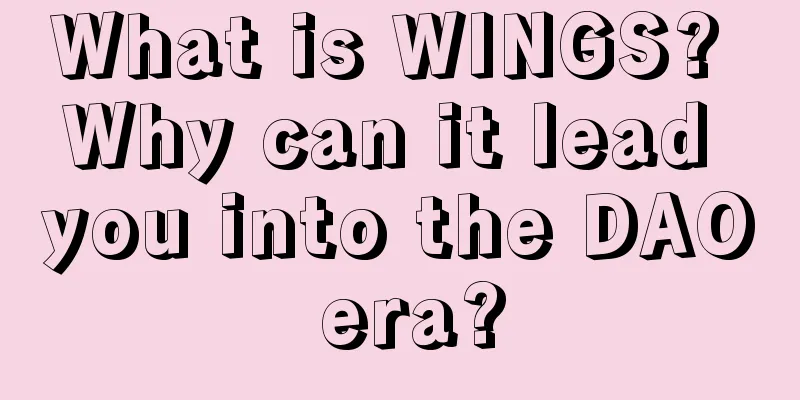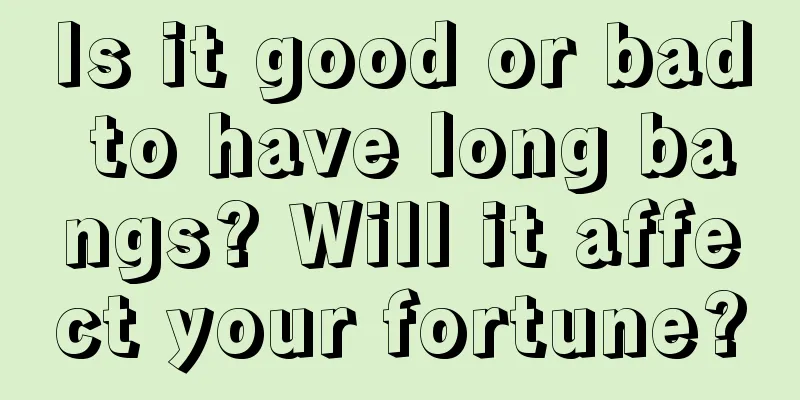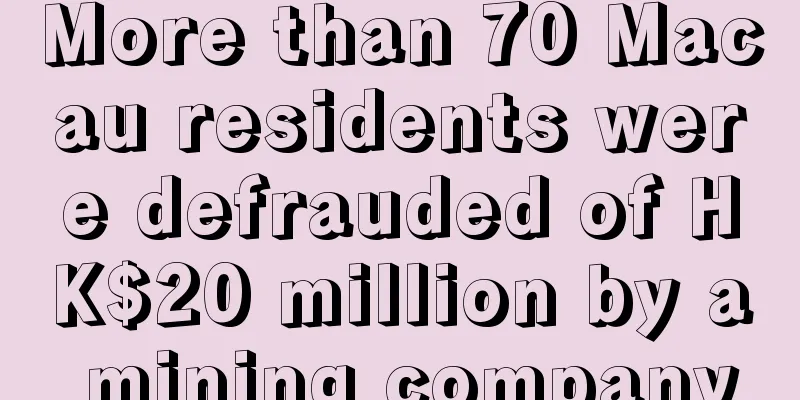Facebook obtains electronic currency license in Europe, will Bitcoin face new competitors?
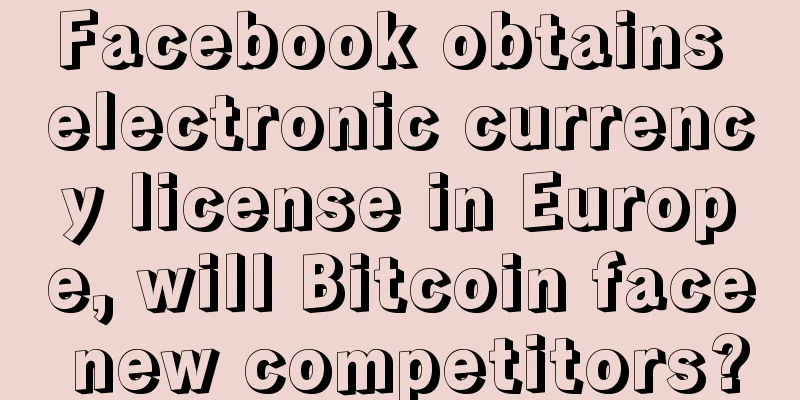
|
Recently, the Central Bank of Ireland granted Facebook Payments International Limited (FBPIL) an e-money license, allowing Facebook to implement peer-to-peer payment operations on its platform. And because Ireland is a member of the European Union (EU), Facebook also obtained the right to transfer money in all EU member states. On October 24, Facebook received an e-money license in the European Union. This means that Facebook can now launch in Europe a feature that American consumers currently use, namely implementing an embedded payment solution built on top of local communication applications. In an interview with the US technology blog TechCrunch, a Facebook official confirmed that they are planning to build a peer-to-peer payment system for Facebook users in the European Union. Officials have stated:
Cross-border payments and transaction volumesFrancois Briod, the founder of Facebook's electronic money license, once said that Facebook has two options for moving forward: either to promote cross-border payments in euros, or to achieve cross-border currency payment settlement to facilitate the payment and receipt of currency between European users and users outside the EU. WeChat, one of China’s leading messaging apps, recently revealed that its users made 32 billion transactions in six days, far exceeding PayPal’s annual transaction volume of 4.9 billion. If Facebook can successfully use its e-money license to establish its position in the EU and other European countries, it could compete with existing peer-to-peer financial networks like Barclays’ Pingit. Currently, there are 1.3 million users in the UK alone using Pingit, which limits daily payments to $6,300 for individuals and $12,000 for businesses. Barclays said that despite the low daily limits, the company has seen significant growth in its user base and transaction volume. Barclays said, “In 2012 alone, Barclays attracted more new accounts using Barclays Pingit than it opened online.” Fighting Bitcoin LiquidityAs the demand and potential market for mobile payments grow dramatically, the three major challenges Facebook users will face are liquidity, transaction restrictions and extensive KYC policies. Users of Facebook's peer-to-peer network need to add a bank-issued account or card when initiating payments through the messaging app. For example, on the U.S. messaging app, paying Facebook requires users to add a U.S. bank debit card to their account. For most users, given the demographics of Facebook users, this will likely be a problem as they will need an EU bank account to initiate payments, like online banking payments, which makes no sense to use a peer-to-peer financial network. Apple's iOS applications have multiple digital networks, such as Circle (Circle recently announced the termination of Bitcoin services), which allows users to send Bitcoin to others. What is created is a low-cost, highly secure borderless payment ecosystem. Therefore, if Facebook wants to compete with digital currencies such as Bitcoin, it needs to improve its own functions and increase the efficiency of its own peer-to-peer payment network. |
<<: Coin Zone Trends: Bitcoin Price Trends Based on Big Data This Week (2016-12-13)
Recommend
Ravencoin (RVN) Mining Tutorial
Raven Coin <br/>Let's take a look at th...
The personality of people with upturned nostrils and downturned nostrils and their strategies in business
The personality of a person with upturned nostril...
What are the signs and uses of a woman with a third eye?
The so-called supernatural powers are the well-kn...
Why I’m against editable blockchains
Brian Kelly is an investor and financial market c...
BTC mining pool officially launched with double discounts, we sincerely invite all miners to experience it
After months of development and testing, BTC Mini...
What kind of girl's face is most likely to impress a man (picture and text)
Every woman, whether beautiful or not, hopes to b...
What will happen if a mole suddenly grows on my hand? Which moles should never be removed?
I believe many people have experienced the situat...
Analysis of the meaning of women's apple muscles
A woman’s apple cheeks are considered a sign of go...
Why is NFT called the "digital Renaissance"?
Over the past decade, we have witnessed a massive...
What does a mole on the back of the hand mean? Do people with moles on the back of their hands have good fortune?
Although not everyone has moles on their hands, m...
There is a connection line between the life line and the love line. The love is too blind.
In palmistry, the love line represents a person&#...
Does the Sichuan pattern on a woman's hands indicate wealth?
The lines on a person's palm often indicate h...
Women with good fortune and good luck in marriage have these characteristics in their noses
Women who are lucky in wealth and bring prosperit...
Physiognomy shows you the chin of a rich person. What kind of chin represents wealth?
Rounded chin In fact, a round chin is a very good...
Do people with sunken eye sockets have a miserable life? Analysis of the good and bad fate of people with sunken eyes
People with sunken eyes are very silent If a pers...

